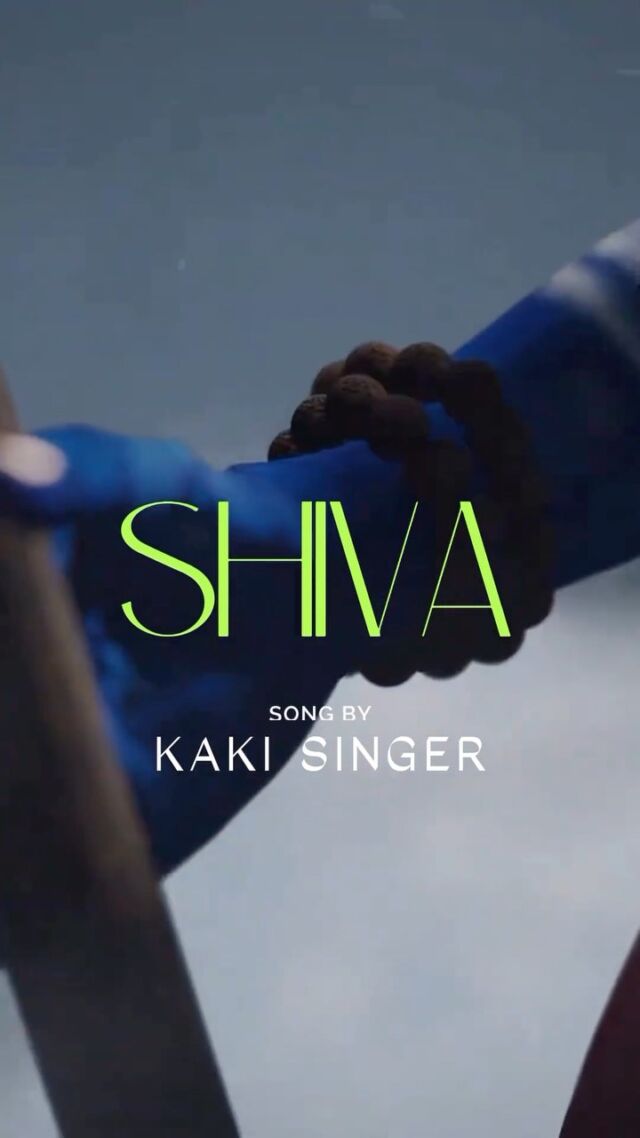Hipgnosis Songs Fund, the British company that helped kick-start the music industry’s rush for catalog deals — acquiring tens of thousands of songs by Justin Bieber, Neil Young, Shakira and others — but has seen its share price plummet, has reached a tentative deal to sell itself to Concord, a major independent music company, for $1.4 billion.
Hipgnosis, which trades on the London Stock Exchange, said on Thursday that its board had given unanimous approval. But the deal still faces what could be a significant hurdle in the form of a contractual option held by an affiliated company to buy the catalog at a set price.
Robert Naylor, the chairman of Hipgnosis, said in a statement: “The acquisition represents an attractive opportunity for our shareholders to immediately realize their holding at a premium, mitigating the risks we see ahead to achieving a material improvement in the share price.”
Bob Valentine, the chief executive of Concord, which has a portfolio of labels like Stax and Craft, and large holdings in music publishing, added: “We believe we can integrate Hipgnosis’ catalogs into our wider portfolio of 1.2 million songs in a way that will deliver benefits for composers, performers and all our stakeholders.”
Concord’s cash offer, of $1.16 per share, represents a 32 percent premium over Hipgnosis’s last closing share price, though it is still down almost 28 percent from the stock’s peak in November 2021.
The Concord acquisition, if it goes through, would end one of the most tumultuous stories in the recent history of the music business. Hipgnosis, founded by Merck Mercuriadis, a longtime music executive who once managed superstar acts like Beyoncé, Guns N’ Roses and Elton John, went public in 2018, with a splashy pitch to investors — and artists — that the royalties from the copyrights of popular songs could be “more valuable than gold or oil.”
The company spent about $2.2 billion on catalog acquisitions, with top artists like Bieber receiving up to $200 million for rights to their songs. As recently as last September, the value of the Hipgnosis catalog was estimated at $2.6 billion by an independent financial firm.
In the process, Mercuriadis became something of a celebrity on the business side of music. Always appearing in a black Prada jacket, he presented himself as a sympathetic advocate for artists and a vociferous critic of the major music conglomerates. Mercuriadis also spoke of using Hipgnosis’s leverage in the marketplace to push for better financial deals for songwriters overall.
“People look at songs as being inanimate objects; I don’t,” he told The New York Times in an interview in 2020. “I think that they’re the great energy that makes the world go ’round, and I think that they deserve to be managed with the same level of responsibility that human beings do.”
In the company’s complicated structure, Hipgnosis Songs Fund, the listed entity, is an “investment trust” that owns the song rights, while a separate company, Hipgnosis Song Management — owned by Mercuriadis and the giant investment firm Blackstone — is its “investment adviser,” doing much of the work of acquiring those assets.
Over the last couple of years, as interest rates rose, the company’s share price plunged. In October, after the company suspended its dividend, shareholders voted against maintaining the company’s structure as an investment trust, which set in motion a strategic review and an evaluation of its assets by a new financial adviser.
That evaluation, announced in March, reduced the value of Hipgnosis’s assets by 26 percent, to just under $2 billion, and offered a harsh review of its business practices. Hipgnosis Song Management, according to the review, had overpaid for the majority of its catalog and overstated the fund’s revenue and earnings; and Hipgnosis Songs Fund had overstated the ownership stakes that it had in many songs.
In announcing its agreement with Concord, Hipgnosis said it would “encourage” the investment adviser to terminate its so-called call option, which gives it the right to match any third-party offer. Hipgnosis Song Management did not immediately respond to request for comment.
Source link







![Growing up learning Indian Classical Music, I’ve developed a deep appreciation for diverse musical genres, and techno is definitely one that has captured my interest. Got inspired to write this track by blending the beautiful melodies of Hindustani classical, particularly Raag Bhairav, with the beats of techno. Excited to share this fusion with you all!
Music by @miladzki
Check it out and vibe with me! 🎶✨
[ techno, newmusic, fusion, indianclassicalmusic, techno, music, kakisinger ]](https://talentsofworld.com/wp-content/uploads/wp-social-ninja/instagram/9xm.tv/18327743320185528_full.jpg)
![Listen to this Version of Dil Kho Gaya
Original Song From the Movie Dil.
Anand-Milind, Udit Narayan, Anuradha Paudwal sung this song
Music by Anand-Milind
Hope you guys like this Rendition of the Classic Song by Kaki Singer.
Like, Share & Comment.
[ Dil, Dil kho Gaya, old songs, Classic Bollywood, old song covers, retro songs, indian old songs, old hindi songs, melodies, kaki singer, Indian singers ]](https://talentsofworld.com/wp-content/uploads/wp-social-ninja/instagram/9xm.tv/17999564600299237_full.jpg)






















































